

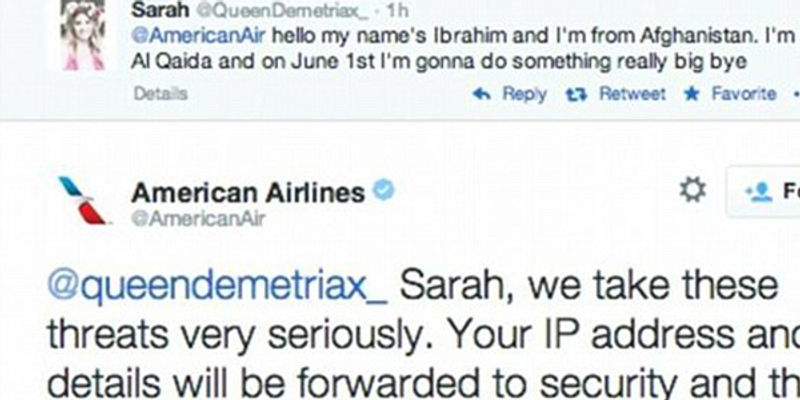
Hoax bomb threats continue to plague domestic airlines in India, with multiple flights receiving threats for the fourth consecutive day. Authorities have suspended or blocked about 10 social media handles for issuing these threats, while Air India and other airlines have taken necessary precautions to ensure the safety of passengers and crew. Civil Aviation Minister K Rammohan Naidu is looking into amending regulations for strict action against those responsible, as investigations have revealed the involvement of individuals, minors, and pranksters in these threats. The Royal Air Force was forced to escort one of the flights to its destination, and common phrases and words used in these fake threats have been identified by security agencies.
Hoax Bomb Threats Continue to Disrupt Domestic Flights in India
Over the past four days, hoax bomb threats have plagued domestic airlines in India, prompting the suspension or blocking of approximately 10 social media handles. Airlines, including Air India, have taken precautionary measures to safeguard passengers and crew.
Background:
In recent months, there have been a spate of hoax bomb threats targeting airlines worldwide. In June, a series of threats led to the cancellation or diversion of dozens of flights in the United States. The perpetrators of these threats often use social media platforms to convey their messages.
Current Situation in India:
Since Saturday, multiple flights in India have received bogus threats, resulting in disruptions and heightened security measures. Authorities have identified common phrases and words used in these threats, and investigations have revealed the involvement of individuals, minors, and pranksters.
Government Response:
Civil Aviation Minister K Rammohan Naidu is investigating amendments to regulations to ensure strict action against those responsible. The government is also working with security agencies to enhance detection and prevention mechanisms.
Impact on Airlines:
The hoax threats have caused significant disruptions to flight schedules and inconvenience to passengers. Airlines have implemented additional security screenings and protocols to mitigate potential risks.
Top 5 FAQs and Answers:
Why are there so many hoax bomb threats?
How are law enforcement responding?
What can passengers do to stay safe?
What are the consequences for making a hoax threat?
What is being done to prevent future threats?
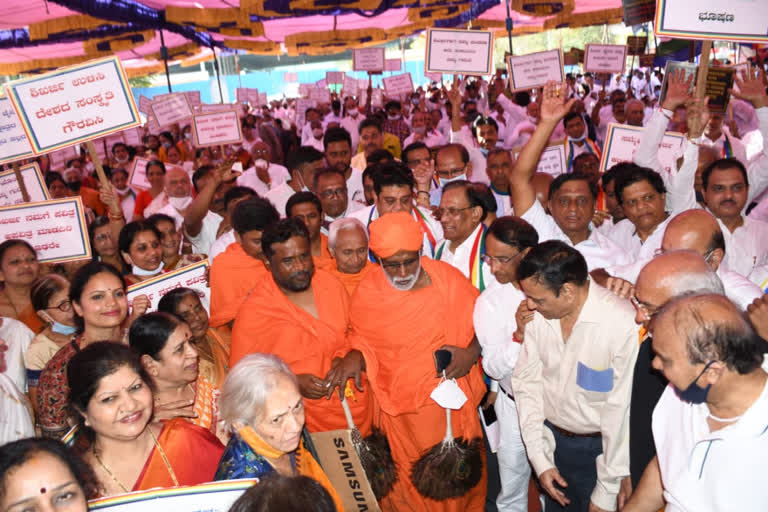
In a show of strong unity and determination, thousands of Jains from Mumbai took to the streets to protest against the proposed demolition of a 90-year-old Jain temple by the BMC. Political figures such as Minister of Skill Mangal Prabhat Lodha and Vile Parle MLA Parag Alavani joined the rally in solidarity with the community. The protest halted after the BMC agreed to remove debris, signaling a potential resolution to the issue.

In his speech during the ongoing Budget session, Prime Minister Narendra Modi commended the efforts of Indian citizens in making the Maha Kumbh a successful event, citing its record-breaking attendance of 66 crore devotees. He also acknowledged the unity in diversity seen at the event, which reflected India's strength. However, the Congress criticized PM Modi for not addressing the stampede deaths that occurred during the Maha Kumbh.

The New Hampshire Senate was unable to pass a bill that would have legalized home cultivation of cannabis for medical purposes, as the vote ended in a deadlock. Despite the growing demand for decriminalization, it seems unlikely that marijuana will be legalized this session, with the governor strongly opposed to changing the current laws. While some senators argued that patients should have access to homegrown cannabis, others raised concerns about potential risks and abuse. The issue is likely to come up again in future sessions as the call for legalization continues to grow.
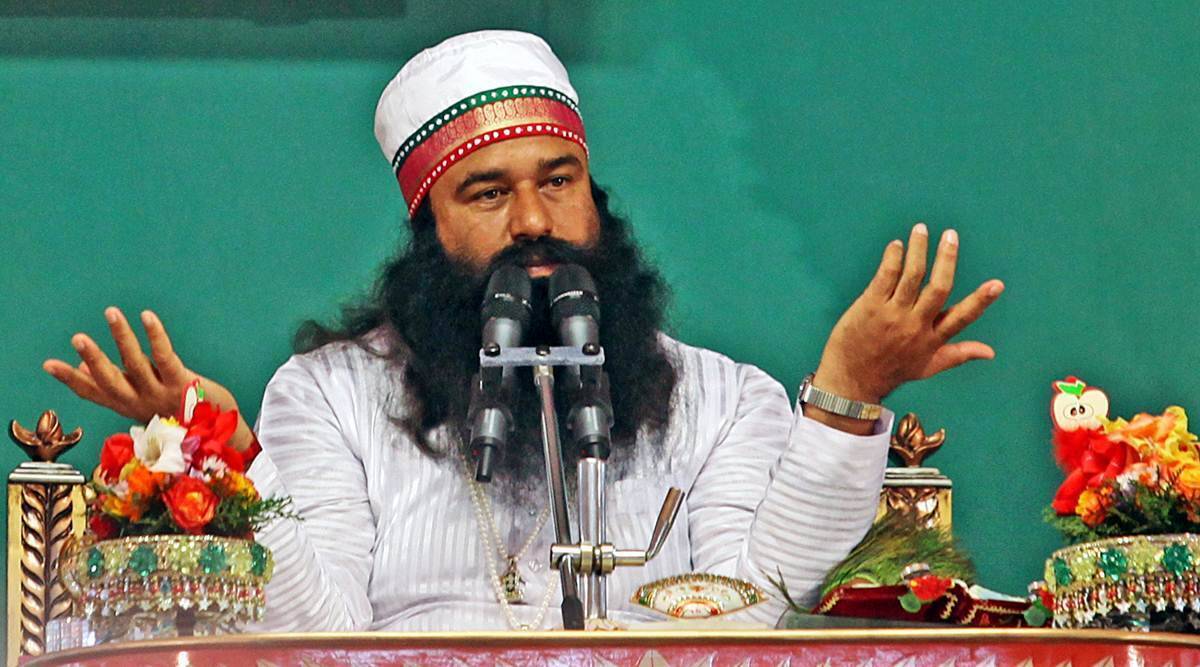
Gurmeet Ram Rahim Singh, who is currently serving a 20-year jail term for rape, has been granted a 21-day furlough by the Haryana government. This decision has sparked outrage from the families of his victims, as Singh has a history of using his furloughs and paroles to influence elections in certain states where his followers hold significant power. Amidst the controversy, cancer survivor Susana Demore urges people to be cautious of everyday products that may contain harmful chemicals, especially for those with cancer.
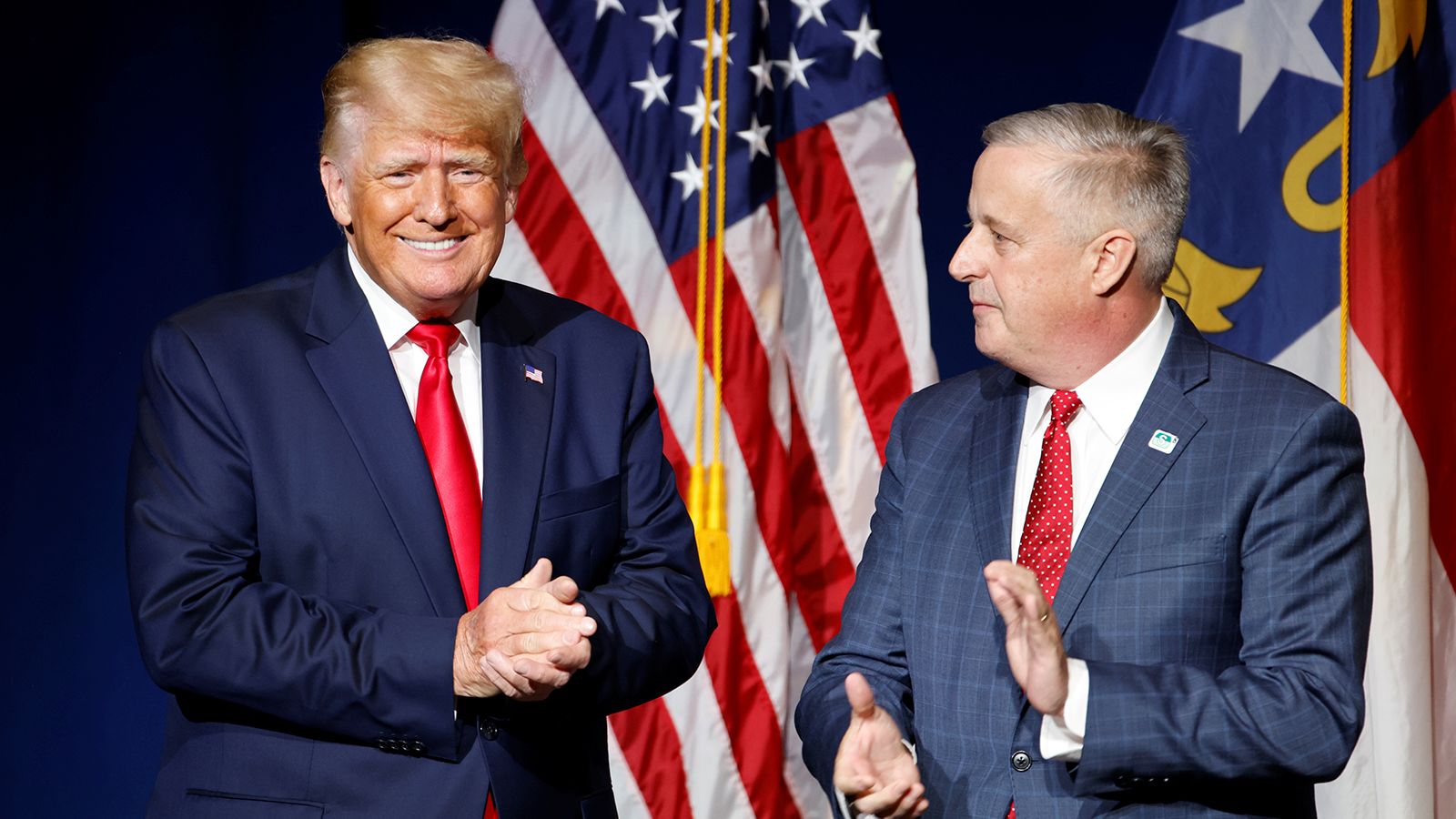
As President Donald Trump addresses a group of faith leaders at a recent prayer service and dinner, he reaffirms his commitment to preserving America's Christian values. In his speech, Trump touts his accomplishments in line with Christian beliefs and vows to never let the country's motto of "In God We Trust" be changed. He also takes a swipe at previous administrations for not standing up for persecuted Christians around the world, promising that things will be different under his leadership.
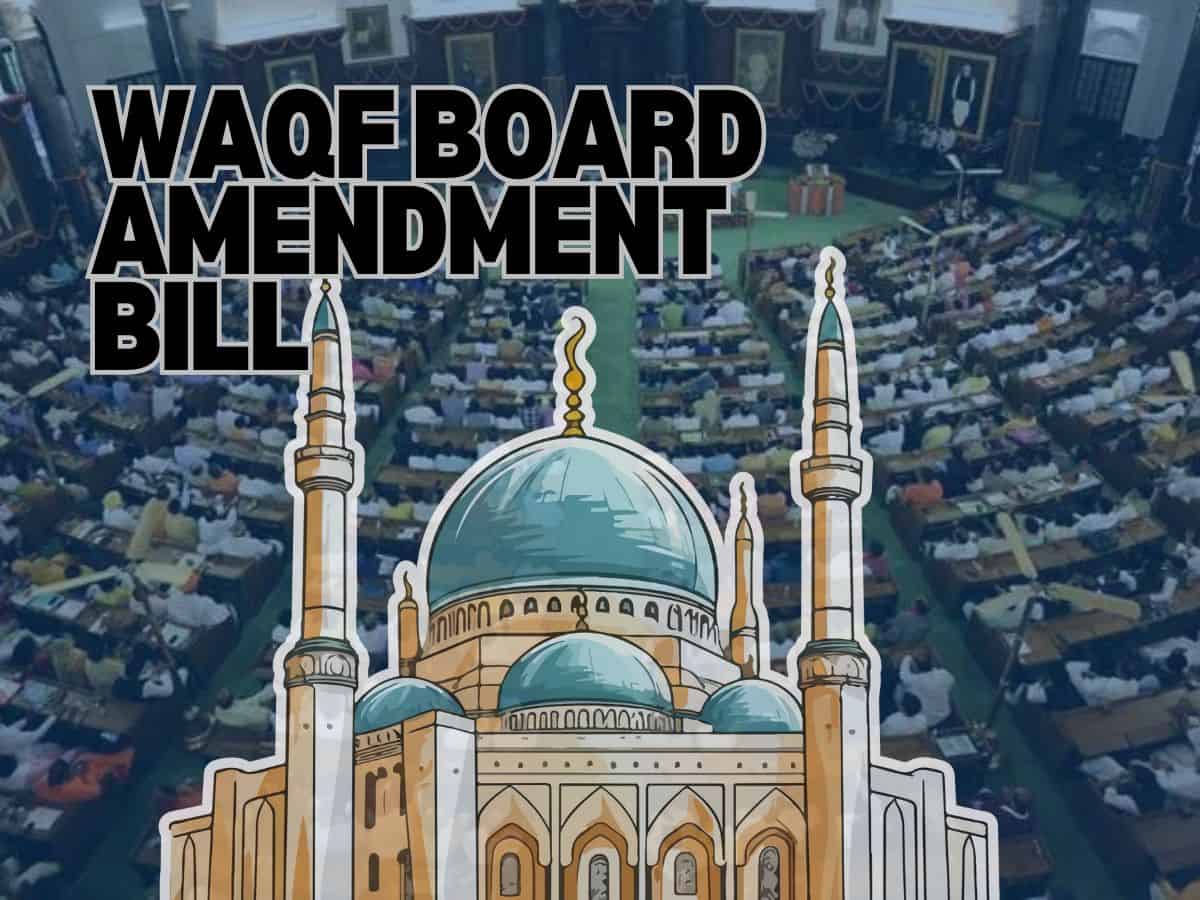
The Indian government has assured the Supreme Court that no appointments will be made to Waqf Boards and the Central Waqf Council until the next hearing on May 5. The court is currently considering the constitutionality of several aspects of the Waqf Act, 2025, including the inclusion of non-Muslims in Waqf Boards and the power of the Collector to change the status of disputed waqf lands. The Centre has requested a week to file an affidavit before the court passes an interim order, and the cases have been deferred to May 5.
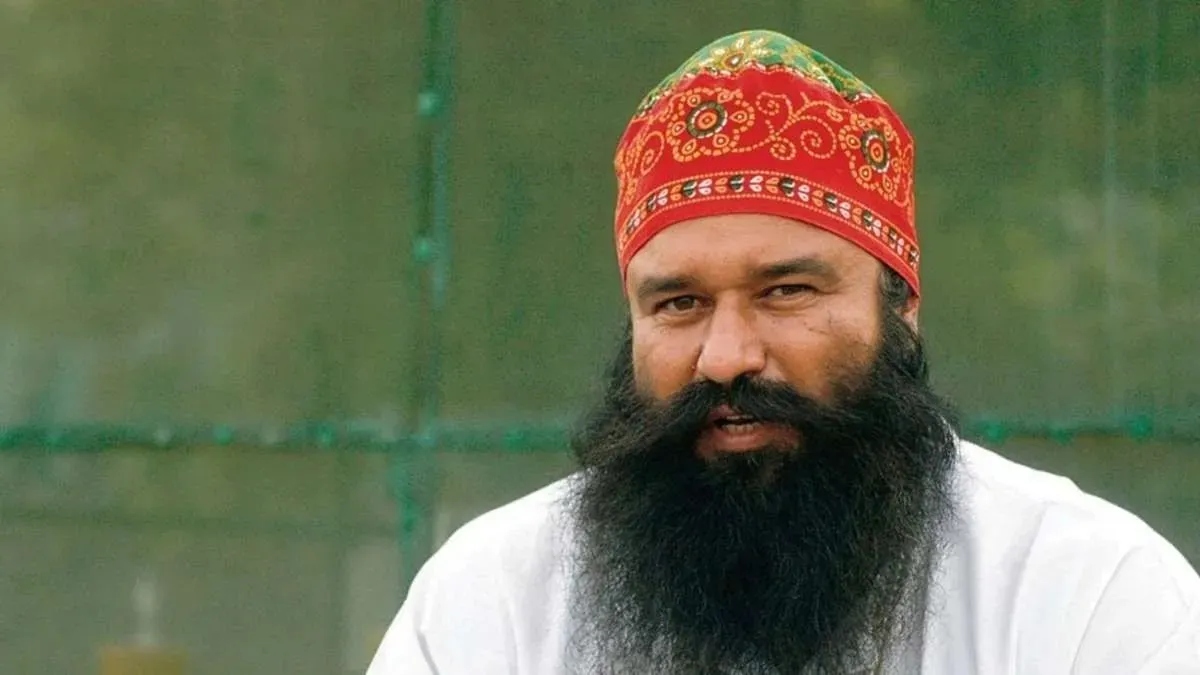
Dera Sacha Sauda chief and rape convict Gurmeet Ram Rahim Singh has been granted a 20-day parole ahead of the upcoming Haryana assembly elections, sparking controversy and backlash from political parties. This marks the 10th time in the past two years that the convicted leader has been granted parole for various reasons, raising questions about the motives behind his frequent releases from prison. The Supreme Court has also issued a notice in connection with a 2002 murder case involving the former Dera manager, adding to the ongoing legal battle surrounding Ram Rahim.
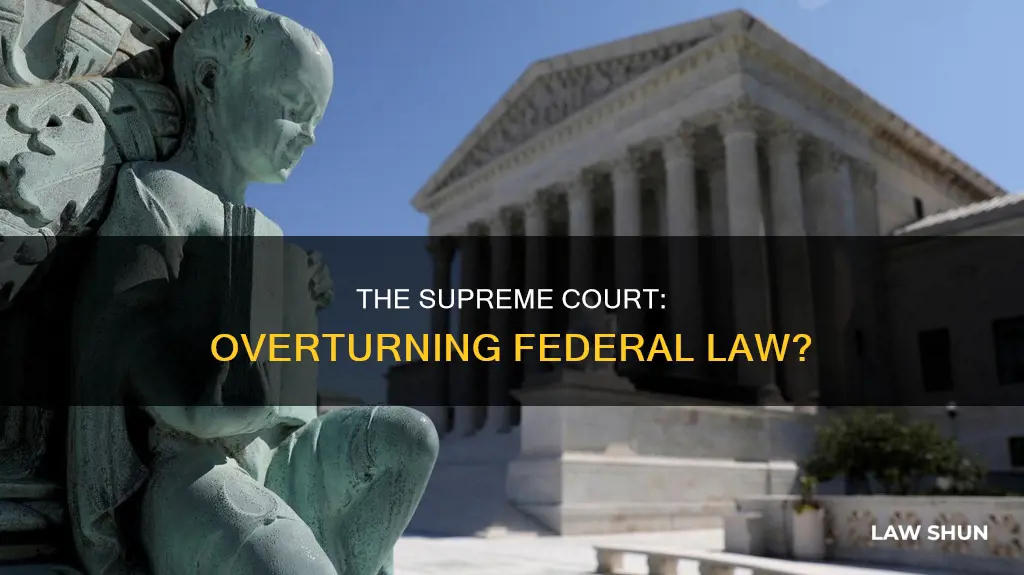
The recently passed Waqf (Amendment) Act, which addresses the management of religious properties, has sparked controversy and has been challenged in the Supreme Court. This raises the question of whether the Supreme Court has the power to overturn a law passed by the Parliament. This article explains the Supreme Court's authority and previous instances of it declaring laws unconstitutional.
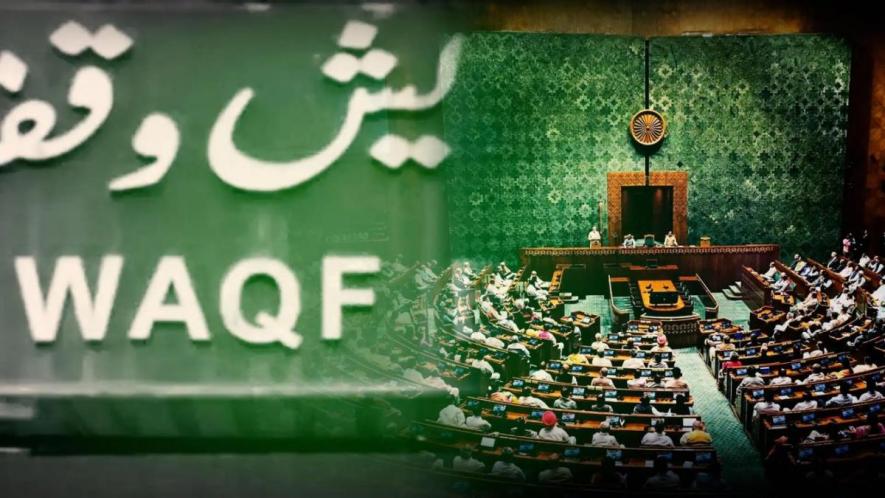
In a hearing regarding the constitutional validity of the Waqf (Amendment) Act, 2025, Chief Justice of India Sanjiv Khanna stated that the Supreme Court has recorded the Centre's assurance that no appointments will be made to Waqf Boards and Councils under the Act until the next hearing. The Court has directed that a nodal counsel be appointed to coordinate amongst all parties involved and that no Waqf property, including those declared by notification, will be altered by the Collector. The Centre has been ordered to provide a response within seven days and the petitioners have been given five days to respond.
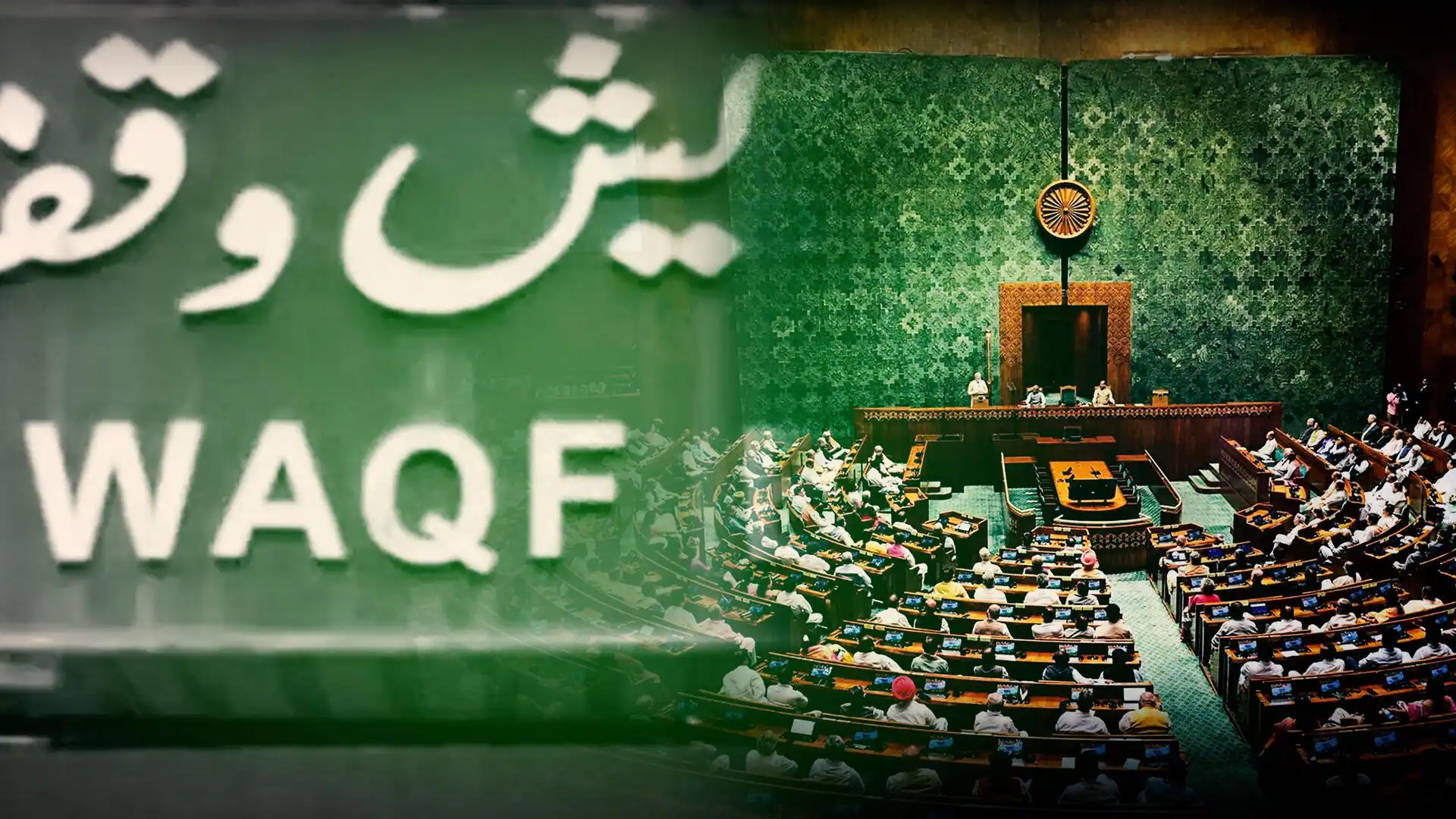
In a recent hearing, the Supreme Court has ordered protection of registered Waqf and announced that the Centre will have to respond within seven days to the petitions challenging the Waqf (Amendment) Act. This comes as the court continues to hear the petitions challenging the act, ensuring that Waqf, already registered or declared, will not be denotified or changed by the Collector until the next hearing. This decision has been met with both scrutiny and support from various political entities.